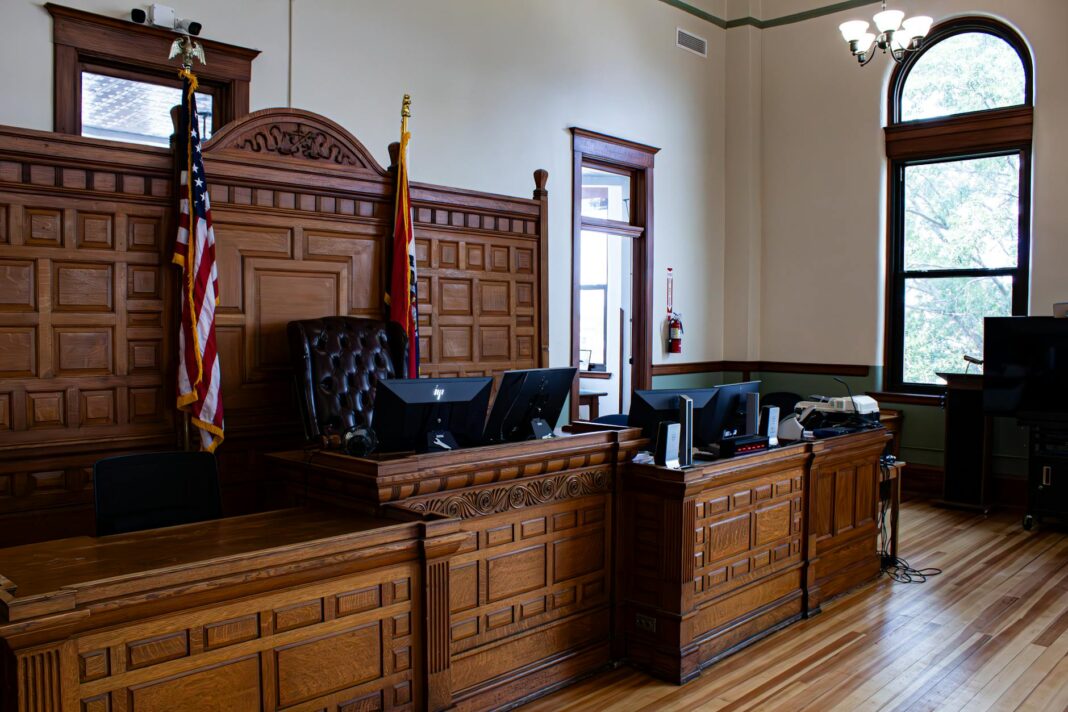Immigration Court Ruling: Mahmoud Khalil’s Deportation Ordered
In a significant immigration ruling, a US judge has ordered the deportation of Mahmoud Khalil, a pro-Palestinian activist, due to what has been described as “misrepresented facts” on his green card application. The decision came after a thorough review of Khalil’s case, where inconsistencies in his documentation raised serious concerns about his eligibility for permanent residency. This ruling not only affects Khalil but also casts a spotlight on the immigration system as a whole, emphasizing the importance of transparency and accuracy in immigration processes.
The Facts Behind the Green Card Application
Khalil’s journey through the immigration system has been complex and contentious. The judge’s ruling highlighted that Khalil allegedly provided inaccurate information regarding his background when applying for a green card. Details concerning his previous activities and associations were reportedly misrepresented, which led to the judge’s conclusion that he had violated the terms under which permanent residency is granted. Such misrepresentations, according to the court, undermine the integrity of the immigration process and justify his deportation. This case underscores the critical nature of honesty in immigration applications and the severe consequences that can arise from discrepancies. It serves as a stark reminder that the stakes are high when navigating the immigration landscape.
Legal Protections and Ongoing Court Cases
Despite the deportation order, Khalil’s legal team has indicated that he remains protected from immediate immigration enforcement actions due to a separate federal court case currently in progress. This ongoing litigation could potentially impact the final outcome of his immigration status. Legal experts point out that the process can be lengthy and complicated, often involving multiple layers of appeals and legal maneuvering. Khalil’s team is expected to leverage this situation to challenge the deportation order, arguing that due process must be upheld and that any misrepresentation was not intentional. The legal landscape for individuals in similar positions can be intricate, and Khalil’s case highlights the need for proper legal representation and advocacy.
Broader Implications for Immigration Policy
Khalil’s case is not just about one individual; it reflects broader issues within the US immigration system. With immigration policy under constant scrutiny, cases like this can influence public opinion and policy changes. Activists and legal experts are watching closely, as the outcome could set a precedent for how similar cases are handled in the future. The intersection of activism, immigration, and legal scrutiny raises questions about the balance between national security and individual rights. Some argue that the immigration system is too punitive, while others assert that it must maintain strict guidelines to ensure national safety.
Community Response and Activism
The ruling has sparked a wave of reactions from activist circles, with many rallying in support of Khalil, arguing that his deportation would be a grave injustice. They contend that pro-Palestinian activism should not result in punitive immigration actions. Demonstrations have taken place in various cities, signaling a strong community response to this ruling. Activists are not only concerned about Khalil but also about the broader implications for freedom of speech and the ability to advocate for political causes without fear of retribution from the immigration system. The community response highlights the tension between government enforcement and the rights of activists, raising critical questions about freedom of speech and expression in the context of immigration law. This case could galvanize support for reforming immigration policies that disproportionately affect activists and marginalized communities.
Questions
What are the potential repercussions of this ruling for pro-Palestinian activists?
How might Khalil’s case influence future immigration policies regarding activism?
What steps can activists take to protect themselves from similar legal challenges?

